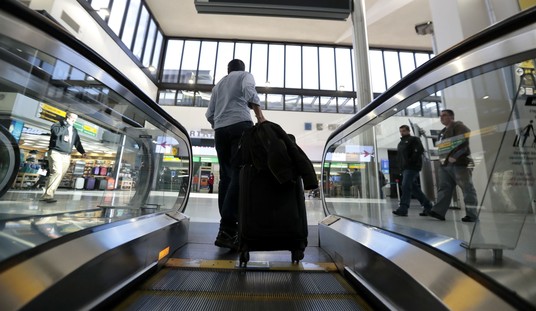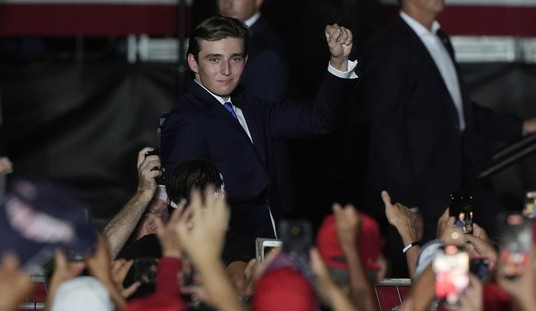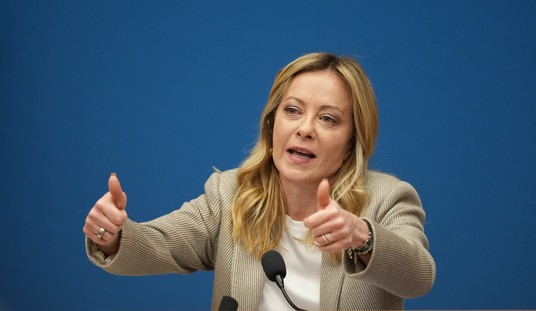
Over the weekend, an American businessman named Paul Whelan went missing for a short time in Moscow. Whelan, a retired Marine who works as a global security director for a Michigan-based auto parts supplier, quickly resurfaced in the custody of Russia’s domestic intelligence service, the FSB. He has been accused of spying.
In the past, the Russian government has proudly paraded alleged US spies, and provided details of their capture. Why is the Whelan case different? Maybe no facts to provide? "From Russia, With Wig: American Spy Suspect Is Ejected" https://t.co/LTGHXc0YKK
— Michael McFaul (@McFaul) January 2, 2019
It seems like a US spy in Russia wouldn't have a VK social media page he was posting to for years https://t.co/upgd8VjrnC
— Alec Luhn (@ASLuhn) January 2, 2019
“We are hopeful within the next hours we will get consular access” to see Paul Whelan, the US citizen detained in Russia on suspicion of spying, US Secretary of State Mike Pompeo says https://t.co/yTDSZ0m4zK pic.twitter.com/qF6bQKIDwS
— CNN Politics (@CNNPolitics) January 2, 2019
It is doubtful that anyone believes Whelan was involved in espionage of any kind, this includes the Russians. As McFaul points out, the typical way American spies are handled is to arrest them, parade them about with evidence, and put them on a plane back to the United States. On occasion, Americans have been treated just like Whelan. In those case, it is because they were targeted for arrest in order to express Moscow’s displeasure with some US action. I think that is how this arrest should be viewed.
Whelan’s arrest is almost certainly a direct response to the continued imprisonment of Russian lobbyist/unregistered-agent Maria Butina. She has been in jail since July, she has spent a lot of that time in solitary confinement, and the Russian government has made continued protests about her detention and the condition of her confinement. This, obviously, rankled Putin who has his spiritual roots in the now-defunct parent of the FSB, the KGB, and whose power base has always been in that pillar of the former Soviet state (the other two pillars were the Soviet Communist Party and the Armed Forces) and who undoubtedly sees it as vital, given Russia’s aggressive use of covert actions in the West, that his people know that the Russian government will not abandon them if they are caught.
But, I think, this is part of a recent and alarming tendency of the Trump administration to criminalize acts that shouldn’t be considered as criminal.
In my opinion, the genesis of Whelan’s retaliatory arrest is a direct result of the Mueller investigation.
Nearly a year ago, Mueller’s team announced a fairly broad indictment of entities and persons accused of placing some $100,000 worth of Facebook ads that prevented Hillary Clinton from visiting Wisconsin and thereby handed the 2016 election to Donald Trump. While the corporations indicted were already under sanctions (except the one corporation that didn’t exist during the 2016 campaign), it was the indictment of Russian individuals who were, allegedly, members of Russian intelligence services and who were acting under direction of their chain of command. In July, he did some trolling of Mueller over the indictments but offering to make the operatives available for interviews if Mueller would reciprocate. As I posted at the time:
While this is simply Putin trolling Mueller and playing on Trump’s ego, it points to the recklessness of what Mueller has done in indicting Russian intelligence officers and criminalizing official acts committed on Russian soil. To try to prove to his fanbois that he’s actually doing something, he is potentially putting large numbers of US intelligence operatives at risk for reciprocal treatment. While the Russian constitution prohibits extradition and there is no extradition treaty between the US and Russia, Russia does, as John Bolton observed, have an extradition treaty with the EU which makes the arrest and extradition of US intelligence operatives a very real possibility.
Part of the feckless way Rod Rosenstein has managed the Mueller investigation is by allowing the indictment of Russian nationals engaged in authorized intelligence operations while in their home country. To say this decision was fraught with national security issues is an understatement. This open season on foreign citizens continued with the arrest, not by Mueller’s band, of Russian lobbyist/unregistered-agent, Maria Butina. I doubt the Russians are all that pleased with Maria Butina being portrayed as both a spy and a floozy. I think the Kremlin has spent some time scratching its collective ass to determine an appropriate response and this is it. Why Whelan out of all the American business executives who’ve been in Moscow? Whelan is a near perfect analog for what Russia claims the indicted Russians are. They, according to the Kremlin’s story line, were employees of a private corporation engaged in cyber-security operations indicted on trumped up charges. This is basically what Whelan is. The symbolism won’t be lost at State and Justice. He’s also low level, like Butina, an I’ll bet that when charges are eventually revealed that they will look a lot like what Butina is accused of.
Whelan is probably going to remain in a Russian jail for exactly as long as Maria Butina does to send a message that scarfing up Russian operatives and treating them like common criminals is not cost-free amusement for the Department of Justice. I think the second part of this is going to hit the fan when an employee of a US intelligence agency is arrested and extradited to Russia.
And this is probably just the beginning. It doesn’t take a lot of imagination to see that some US executive is going to end up in a Chinese prison because of the arrest of Meng Wanzhou, the politically connected CFO of Huawei.
=========
=========
Like what you see? Then visit my story archive.
Follow @streiffredstate
I’m on Facebook. Drop by and join the fun there.
=========
=========












Join the conversation as a VIP Member